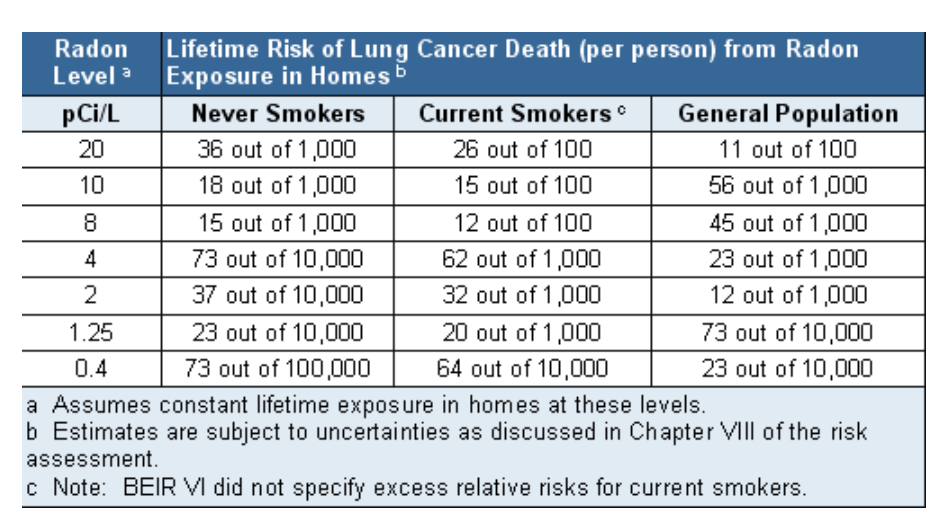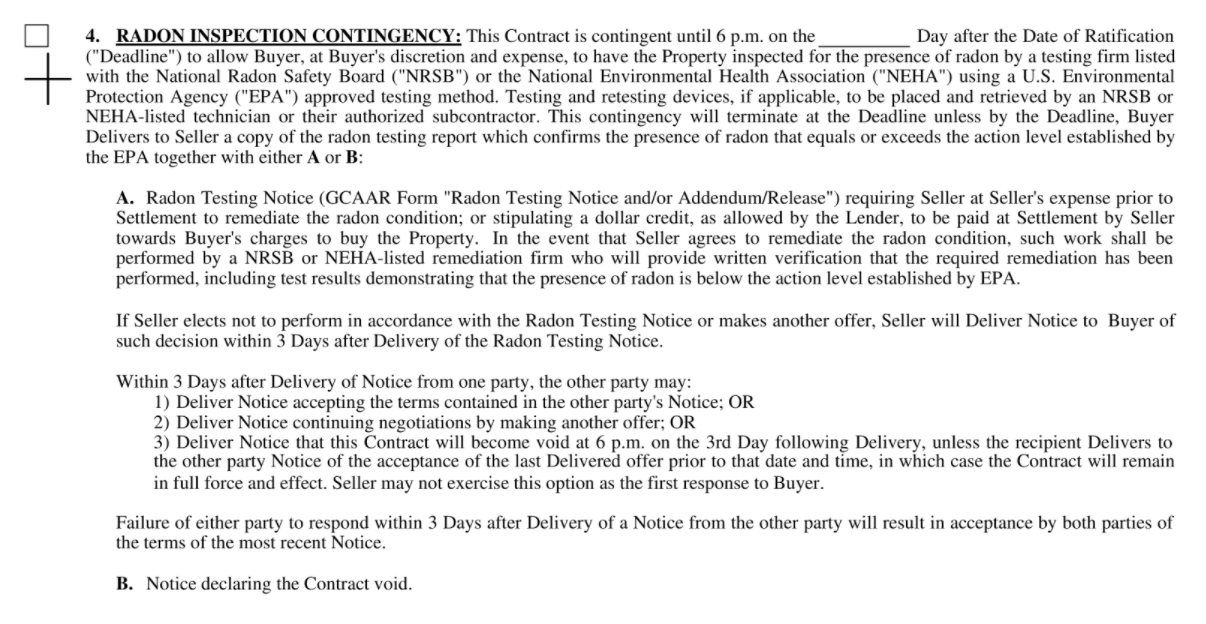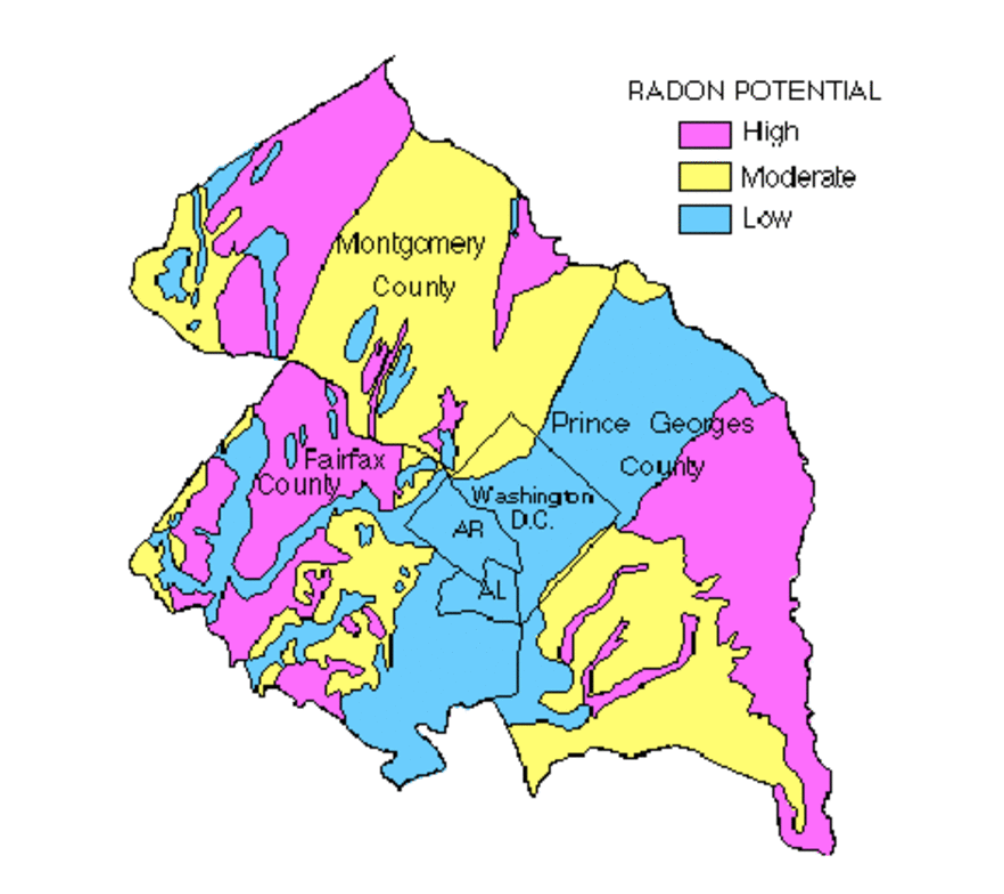This is a bonus blog post from real estate agent Liz Delgado-Steo!
Last week, we discussed the home inspection and what you might find throughout your house. Your home inspector can also test for radon. What is it? Not a scary sci-fi monster.
What is radon?
Lots of first-time home buyers might have heard of the term, but did you know that it’s believed to be the second leading cause of lung cancer in the United States? This is something you should consider testing for when buying a home in Washington, DC. It’s not in all homes and when it actually is present, the EPA does consider some levels safe, so don’t panic until your qualified home inspector tells you otherwise.
In short, it’s a naturally occurring radioactive gas that is emitted from the earth. The scariest thing about radon is that you cannot see, smell or taste it, so there is no way to know if your home has radon without having an official test performed. A typical radon test costs a DC-area buyer about $160; considering the risk you’ll take if you don’t do it, it’s money well-spent.
How does radon get into your home?
It’s generally found in a basement and seeps through cracks in the walls and floors. To test for radon, a licensed inspector will leave an electrically-charged device that collects air samples in your home for 48 hours or more. Ideally, your home should have a reading at or below 4 pCi/L.

When does the home get inspected for radon?
Buyers in DC use something called a GCAAR Contract when they put in an offer, which stands for Greater Capital Area Association of Realtors… say that three times fast! In order to make sure the radon test is included, be sure your realtor chooses to add a Radon Inspection Contingency. That means that they’ll test and based on results you receive, you’ve got options to remedy the situation. See a snapshot of the September 2017 version below:

What does this all mean?
-
Number of Days for the Contingency: This is the number of days you are allowed to get an inspector in a home to collect samples and deliver the results. Keep in mind that it takes at least two days to test, so make sure to take that into account when scheduling your radon test.
-
Negotiation: If radon is found, there are two things that a buyer can do. The first is to request that the seller remediates the situation. This typically costs around $1,000, but can vary depending on a number of factors. The second option is to void the contract and walk away.
What’s the likelihood of your home having radon?

Click here to download the EPA’s pamphlet about radon.
Your home inspector will put a radon test in the basement that will take 48 hours to complete. The home inspector will tell you the levels, the EPA standard, and any remediation procedures. That’s a fancy way of saying if they find some, they’ll recommend you put a pipe in basement that’s pushed through to the ground, and a fan to let the gas out of the basement area.
Radon can sound scary, but the smart buyer is the empowered buyer. Now you know if you have to test it, where it’s more likely, and that it can be fixed! Doesn’t that make you feel a little better? If you want to have more conversations like this, talk to me. I’ll walk you through every step of the process!
Liz Delgado-Steo
A proud native Washingtonian and real estate agent with Jason Martin Group. She's knowledgable, committed, and unstoppable while representing her clients -- buyers and sellers.

Related posts

